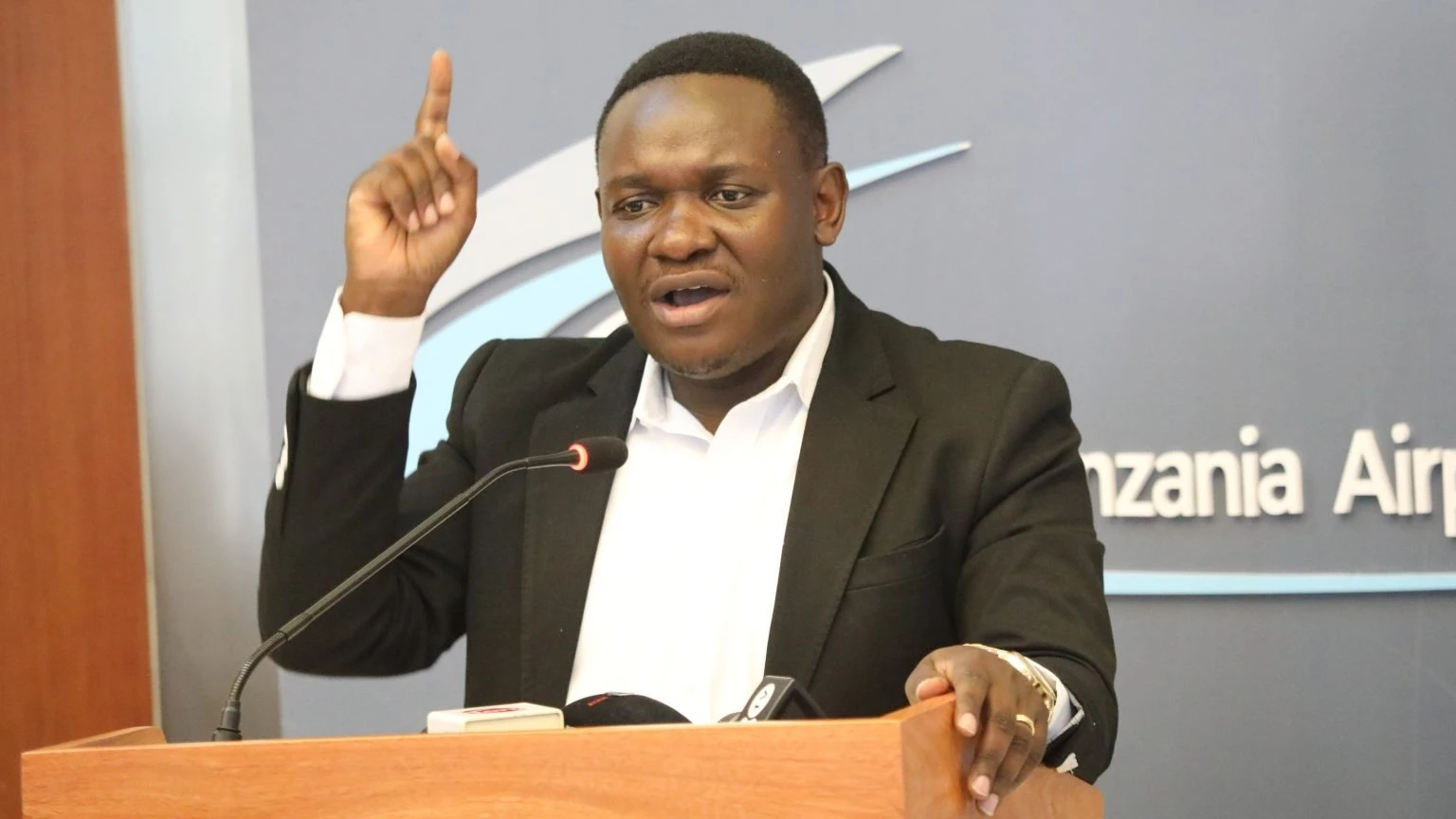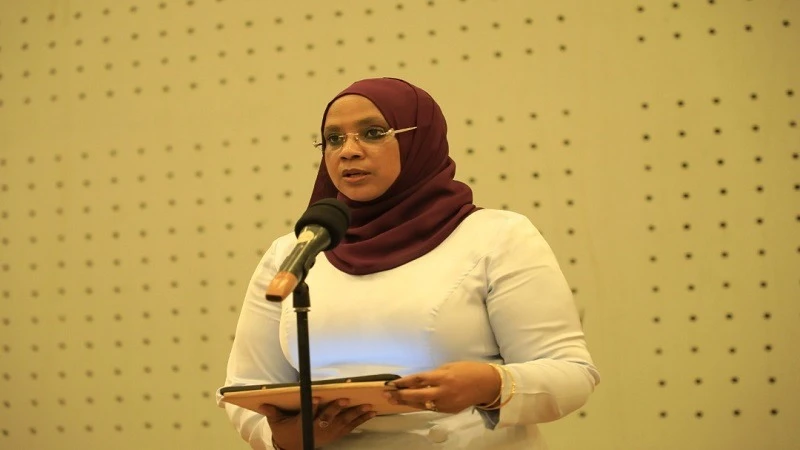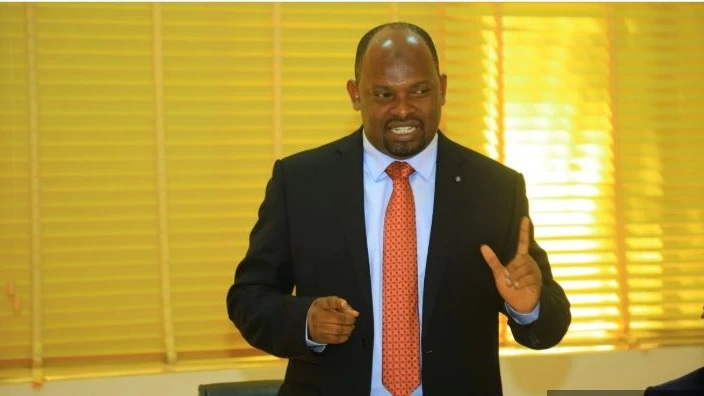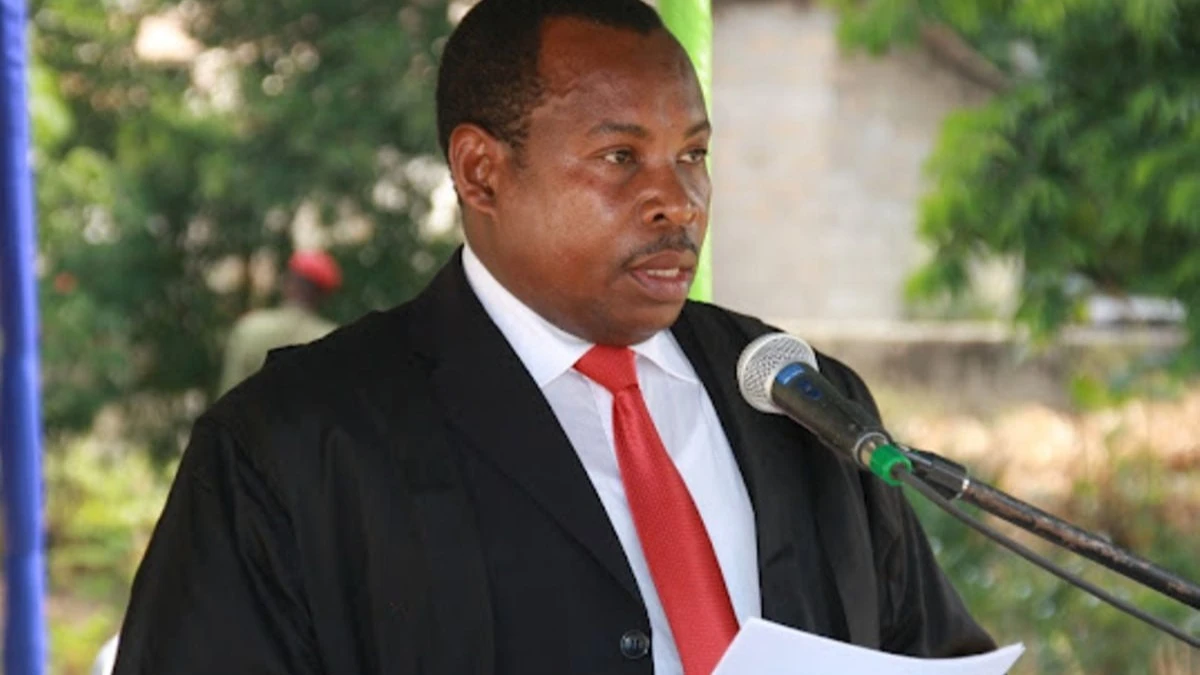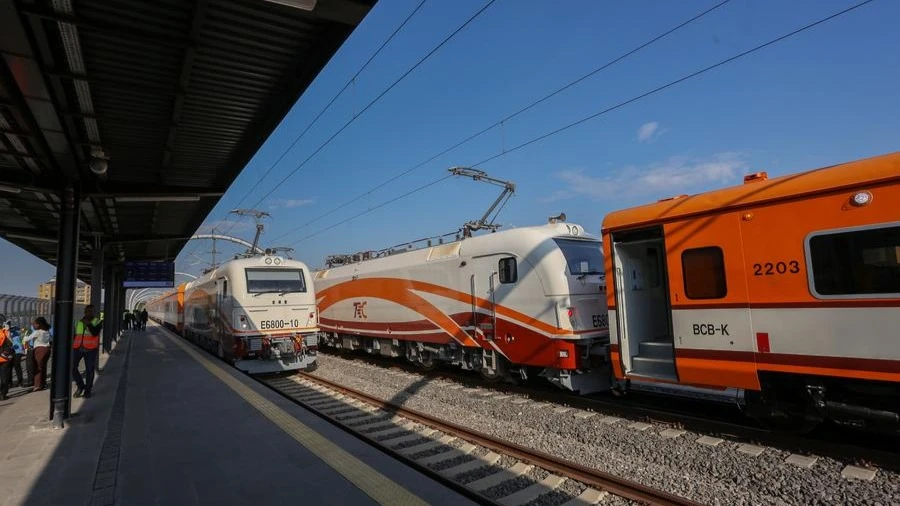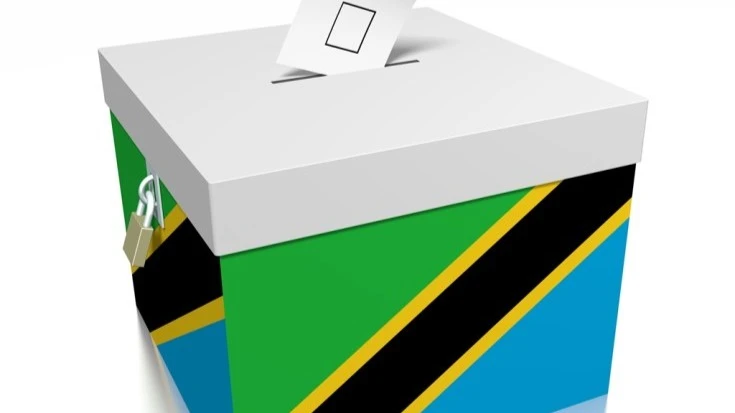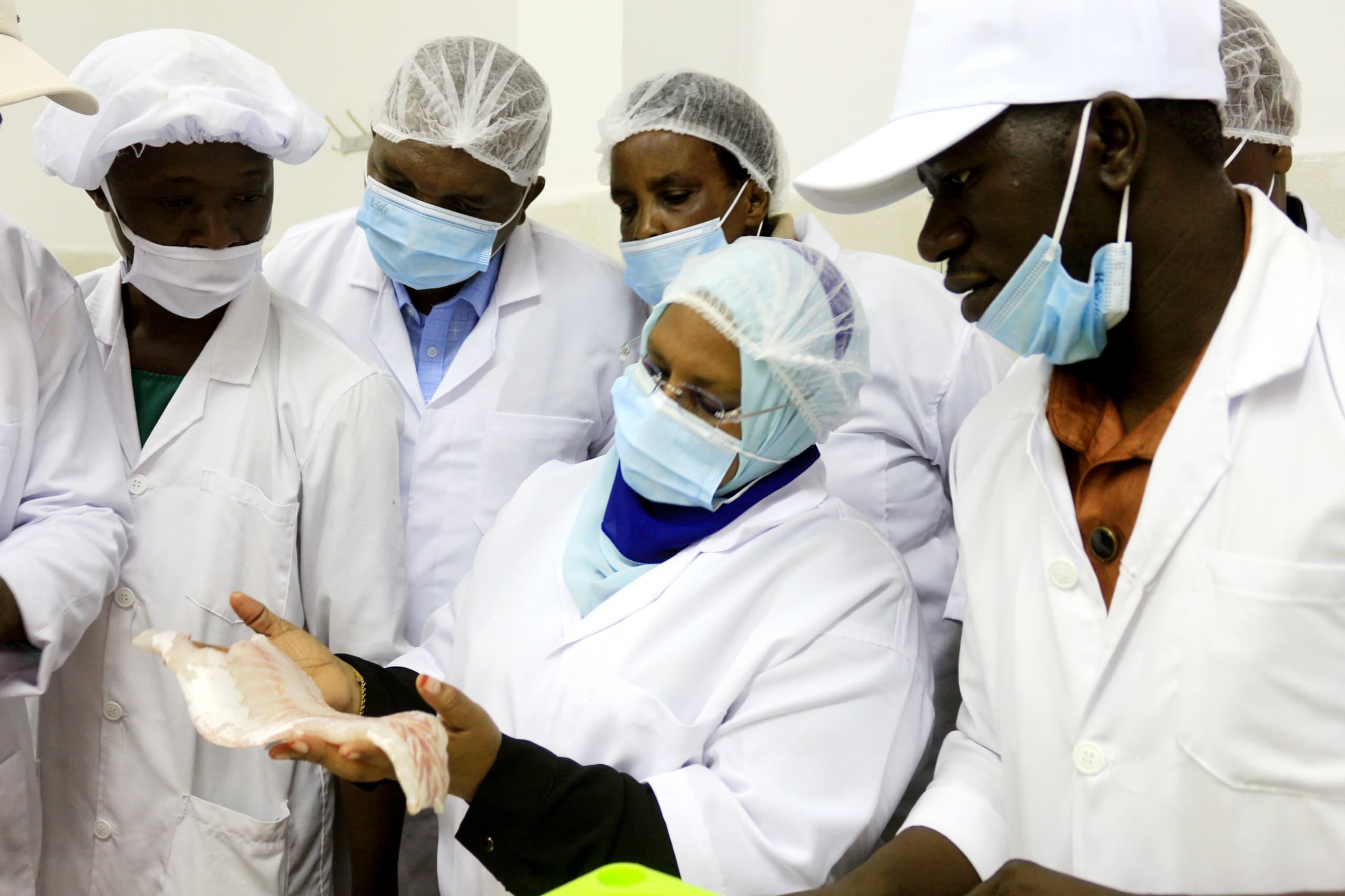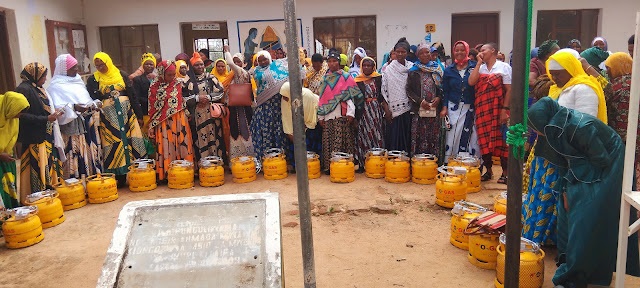Clean energy investments crucial for Africa’s sustainable economic growth: IEA

AFRICA’S rising energy demand requires substantial investments in clean power projects, which is crucial for the continent’s sustainable economic growth, an analysis revealed.
In its latest report, the International Energy Agency said that Africa’s aspiration for greater economic and social development depends on access to an affordable, reliable, modern and sustainable supply of power.
According to IEA, meeting the growing energy demand from African countries requires more than doubling the current annual investments to over $240 billion in the sector by 2030, of which three-quarters of the funds needs to be focused on clean technology.
The organization also called for “swift action to tackle financial barriers so investment can reach the levels that are needed.”
IEA highlighted that $22 billion is required from 2023 to 2030 to connect all African homes and businesses to electricity, while $4 billion per year is needed to provide clean cooking solutions.
“The lack of energy access in Africa is a great injustice, but increased spending on impactful projects could quickly turn the tide,” said Fatih Birol, executive director of IEA.
Africa’s energy concerns
According to the agency, Africa remains energy-poor despite holding significant resources. The report highlighted that around 600 million Africans still lack access to electricity and more than 1 billion still cook their meals over open fires and traditional stoves using wood, charcoal, kerosene, coal and animal waste.
The analysis suggested that the consequences of this lack of energy supply are dire in terms of health, education, climate, and economic and social development, with many of these impacts disproportionally affecting women and children in the continent.
“There are also affordability challenges to consider; only half of households without electricity access today would be able to afford basic energy services without additional financial support, and even fewer would be able to afford modern cooking solutions,” said the report.
It added: “A lack of reliable and affordable energy restrains Africa’s farmers from higher productivity; hinders industry, where energy prices and affordability remain key determinants in competitiveness; and limits the ability of countries to attract and cultivate new sectors of their economies.”
Moreover, although Africa accounts for around 20 percent of the world’s population, it attracts less than 3 percent of energy spending.
The study highlighted that investments in the energy sector on the continent have been falling since its peak in 2014 and are currently down 34 percent.
“Increasing investment in domestic energy systems faces hurdles, notably a shortage of bankable projects and the high cost of capital, which can be two to three times higher for renewable projects in Africa than in advanced economies,” said IEA.
Expansion of electricity holds the key
According to the report, around half of the energy funding required in Africa by 2030 is needed in electricity, where policies play a key role in attracting more investment.
“Total electricity sector investment increases from just under $30 billion in 2022 to more than $120 billion in 2030 in the Sustainable Africa Scenario, with around 50 percent going toward renewable generation alone,” added the report.
IEA further noted that Africa is home to the most cost-competitive green energy outlets in the world, with 60 percent of the best solar resources globally, and many countries on the continent have high-potential hydropower, geothermal, and wind resources.
The release noted that utility-scale renewable energy projects have found a foothold in African markets, where around 80 percent of clean projects by volume have reached investment decisions in the last five years.
New industries to propel Africa’s energy sector
The report projected that new industries, including those related to clean technologies, can support Africa’s growing energy sector.
“Developing industry goes hand-in-hand with the expansion of Africa’s energy system. By 2030, Africa is projected to build more floor area than exists in Japan and Korea today,” said IEA.
It added: “Accordingly, demand for steel and cement is set to grow considerably from today’s levels, alongside rising demand for irrigation pumps, cold chains, data centers and mining.”
The analysis further highlighted that mineral exploration, and the manufacturing of clean energy technologies present practical opportunities to cultivate a growing industrial base in the continent.
The report revealed that revenues from the production of copper and key battery metals in Africa are already estimated to be more than $20 billion annually, and with the current pipeline, the market value of this sector is expected to increase by 65 percent by the end of this decade.
Additionally, if all initiatives under the pipeline come to fruition, low-emissions hydrogen production from announced electrolyser projects in Africa could reach 2 tonnes by 2030.
“Investments in these fast-growing sectors can help diversify global supply chains and reduce import burdens for Africa,” said IEA.
It added: “If well-designed, these projects could also be powered by energy investments that serve Africa’s wider domestic energy needs and ensure their development creates jobs, supports local communities, and meets important health, safety, and labor criteria.”
The analysis also underscored the importance of private sector involvement in ensuring Africa’s energy security.
According to IEA, private sector spending needs to grow 2.5 times between 2022 and 2030 to meet Africa’s energy investment needs.
“In the Sustainable Africa Scenario, $190 billion of private capital is required by 2030, growing from around $75 billion today,” said IEA.
The study further noted that concessional capital from international sources will play a key role in mobilizing this increase, with an estimated $30 billion per year for clean energy projects required to mobilize commercial funding over the 2023 to 2030 period.
Top Headlines
© 2024 IPPMEDIA.COM. ALL RIGHTS RESERVED











